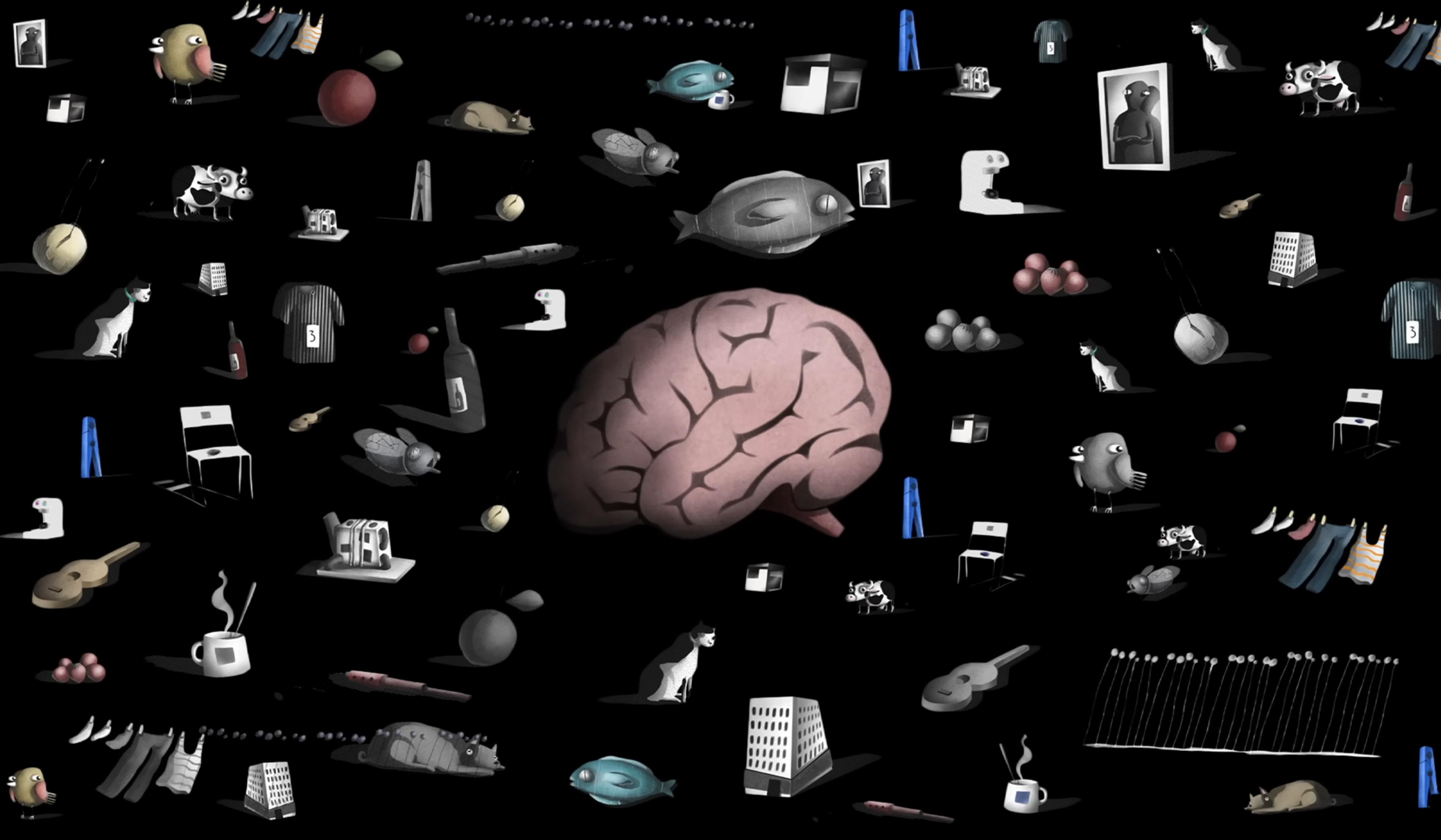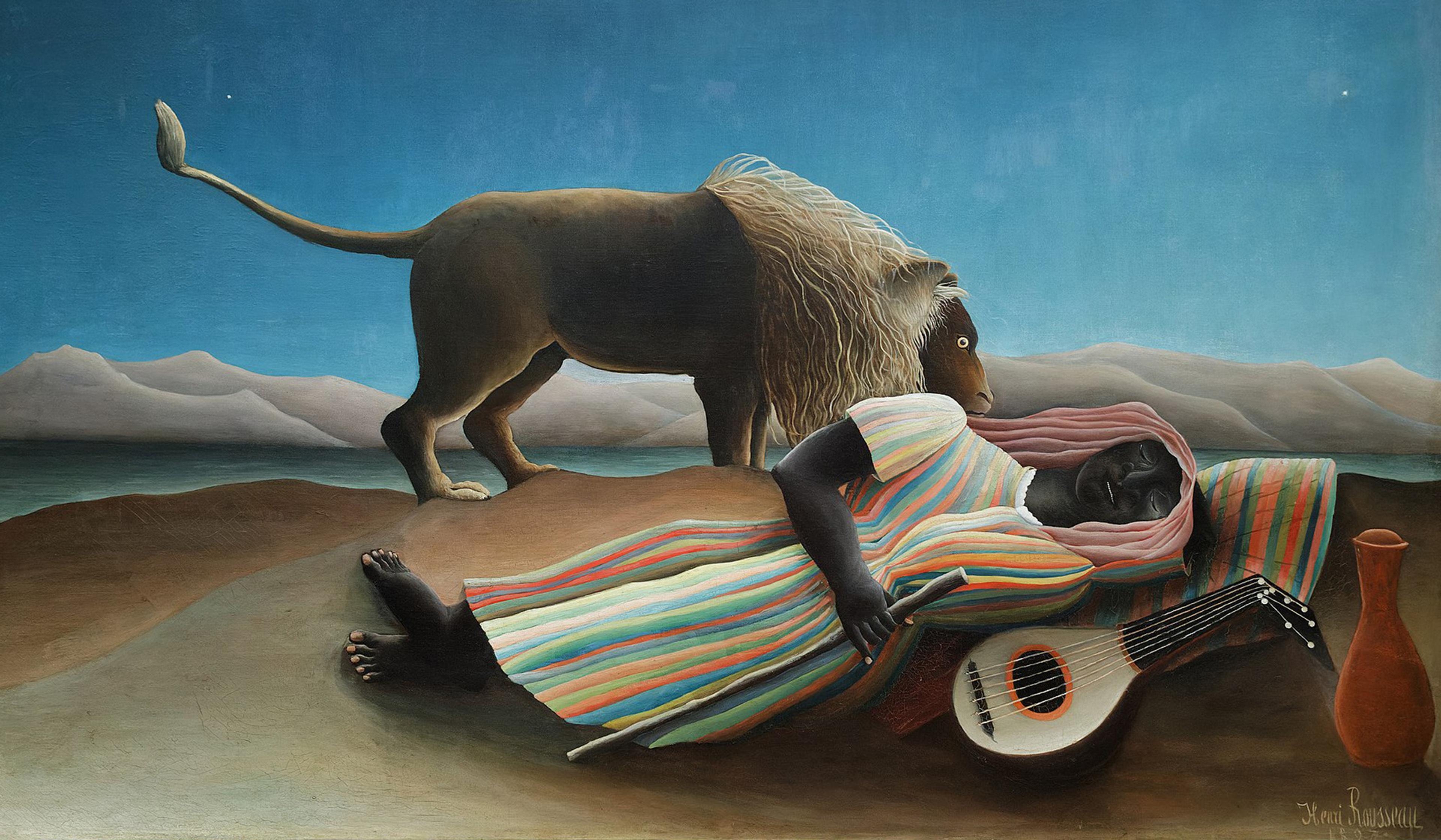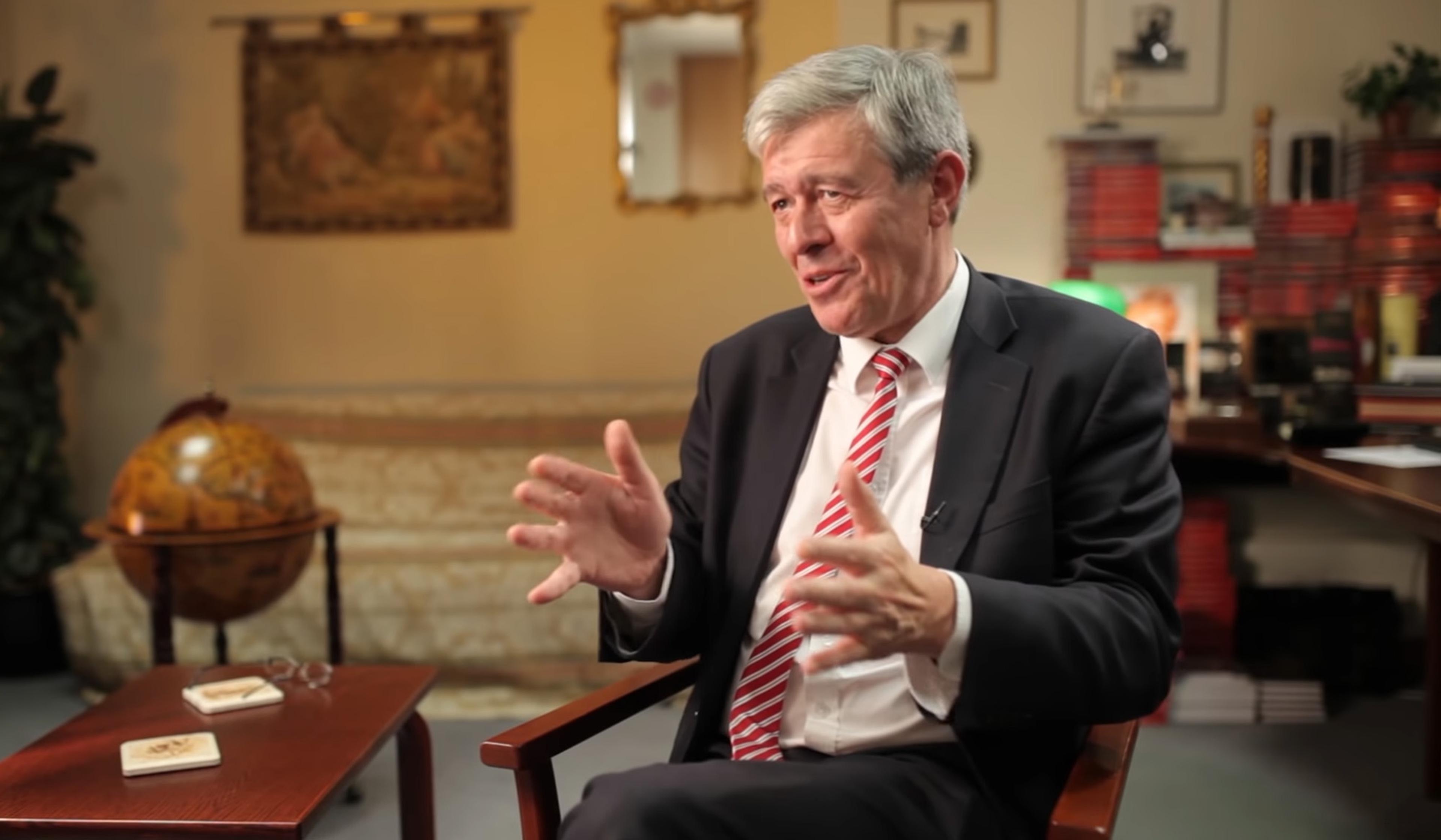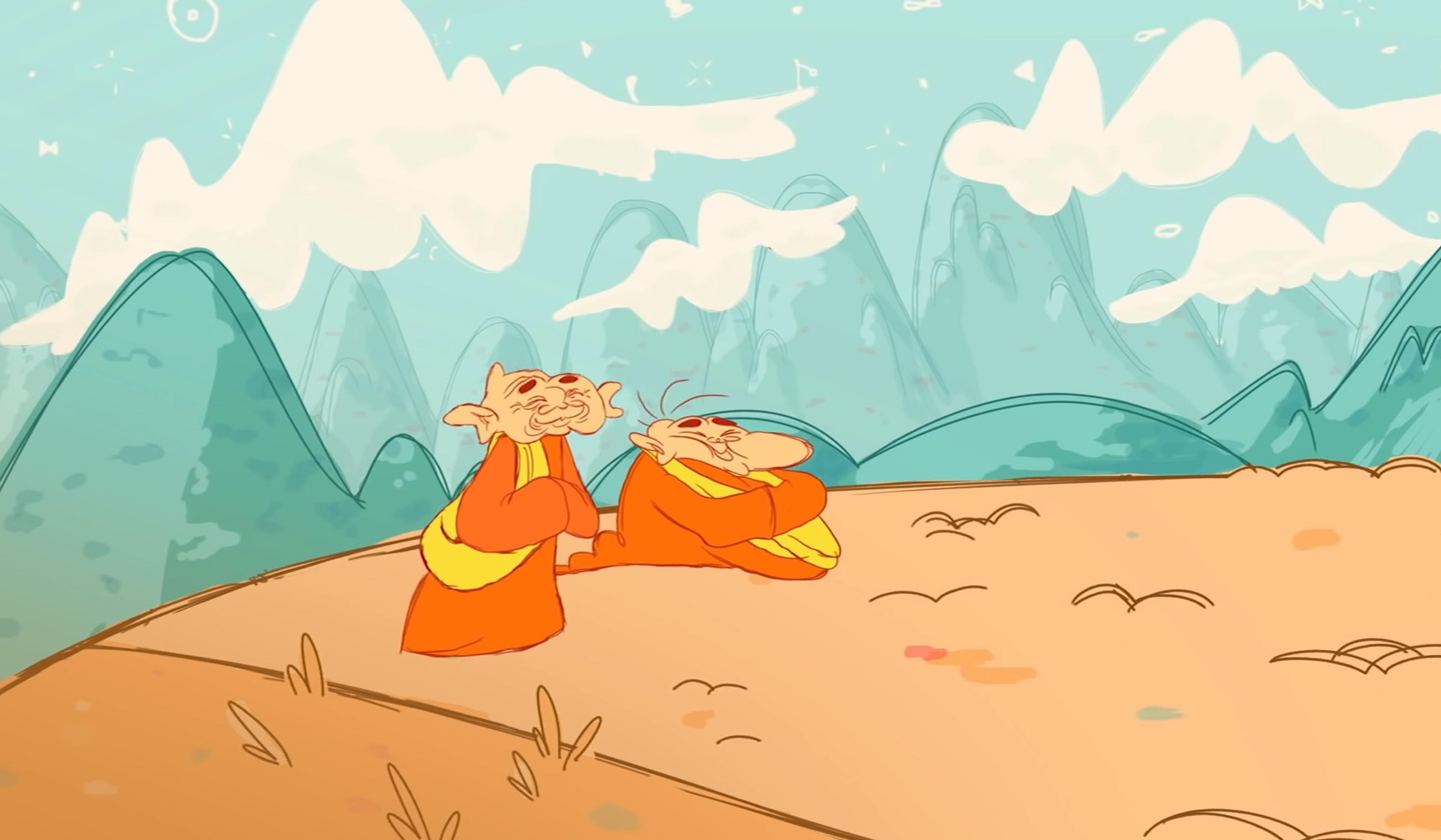Knowing what separates wakeful reality from dream states seems rather simple on its surface. After all, even if a dream feels quite real in the moment, it’s unbound from continuity and the natural laws of our (presumed) waking lives. Yet proving that you’re awake, rather than just intuiting it, has been a perilous task for philosophers across the centuries. Beginning with the ancient Chinese philosopher Zhuang Zhou’s famed butterfly dream, this TED-Ed animation tackles how thinkers from Al-Ghazali in medieval Persia, to René Descartes and Thomas Hobbes in 17th-century France and England, to neuroscientists today have approached the question of whether we can ever truly know we’re awake.
Knowing if you’re awake seems simple. Why has it vexed philosophers for centuries?

videoPhilosophy of mind
‘Am I not at least something?’ A surreal dive into Descartes’s Meditations
3 minutes

videoKnowledge
Can you know everything about colour if you see in black and white? A thought experiment
5 minutes

videoLogic and probability
Is it more likely you’re a person with a past, or an ephemeral brain in a void?
6 minutes

videoPhilosophy of mind
Can we really make conscious decisions, or is agency just a trick of the brain?
2 minutes

videoSleep and dreams
How might the dreamworlds of other animals differ from our own?
8 minutes

videoPhilosophy of mind
Embodied cognition seems intuitive, but philosophy can push it to some strange places
14 minutes

videoConsciousness and altered states
Why don’t we feel pain in dreams? The answer might lie in a new frontier of neuroscience
9 minutes

videoPhilosophy of religion
What Zen Buddhist riddles reveal about knowledge and the unknowable
5 minutes

videoKnowledge
What wrapping a rope around the Earth reveals about the limits of human intuition
6 minutes